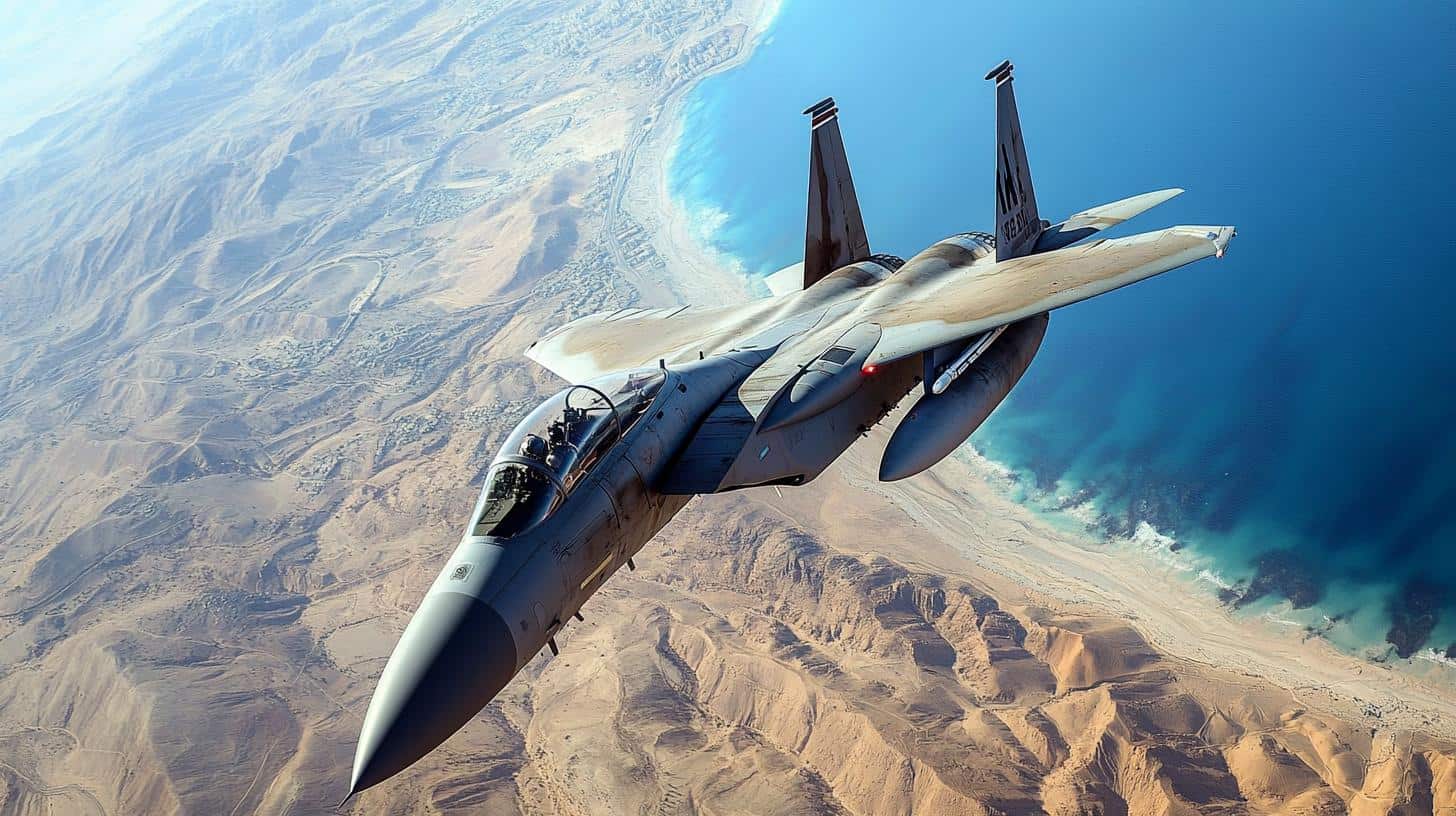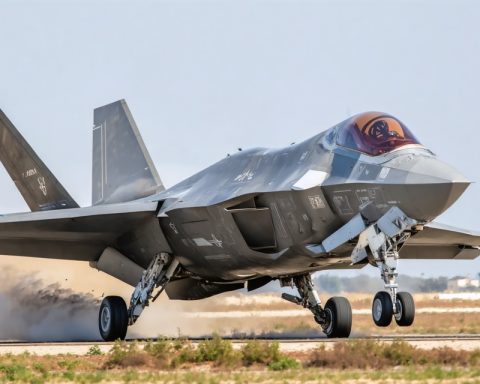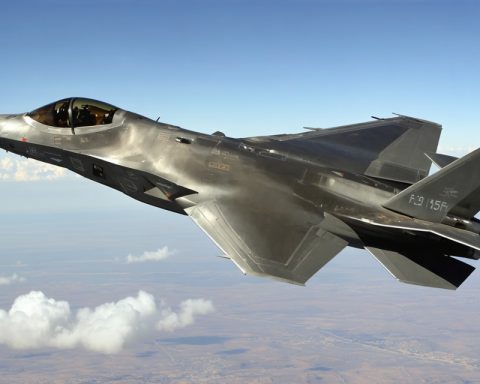Jerusalem — The Israeli Ministry of Defense has announced a landmark agreement to bolster its air force by acquiring 25 new F-15 fighter jets from Boeing, a move valued at $5.2 billion. This strategic addition aims to further enhance Israel’s military capabilities in an increasingly volatile region. Delivery of these modern aircraft is scheduled to commence in 2031 and will span over five years.
This decision arrives in light of escalating tensions with Iran-backed groups across several fronts including Gaza, Lebanon, and Yemen. Israel has notably used F-15s in recent operations, highlighting the aircraft’s enduring strategic importance since its inception in the 1970s. The United States has also dispatched F-15s to the area amid these heightened tensions, underscoring collaborative defense efforts.
After a year of negotiations and a key visit by Israel’s Director General of Defense, Maj. Gen. Eyal Zamir, the acquisition plan was officially sealed. The aircraft are part of a broader U.S. aid package and feature the latest military advancements, integrating Israeli technology to ensure enhanced operational efficacy.
Boeing has celebrated its longstanding relationship with Israel, further cementing their commitment to delivering cutting-edge military hardware. The agreement also includes options for additional aircraft which could elevate the deal to $18 billion, pending future orders.
By acquiring these F-15IA jets, Israel aims to replace aging fighter models and maintain its aerial dominance in the Middle East, as it faces current threats and anticipates future military challenges.
How Israel’s New $5.2 Billion Fighter Jet Deal Could Impact Global Dynamics
In a significant move to enhance its military prowess, Israel has secured a deal to procure 25 state-of-the-art F-15 fighter jets from Boeing, valued at approximately $5.2 billion. Scheduled for delivery starting in 2031, this acquisition sparks a range of discussions about regional security dynamics, technological advancements in warfare, and geopolitical relationships.
The Broader Implications of Modernizing Military Air Fleets
While the focus remains on Israel’s strategic enhancement, this development resonates beyond its borders. The integration of advanced fighter jets influences the defense strategies of neighboring countries and allies. This purchase marks a pivotal moment, potentially stirring a regional arms race where countries may feel compelled to upgrade their own military capabilities in response to Israel’s bolstered air force.
Advantages of the F-15 Acquisition
The addition of the F-15IA jets introduces several advantages:
– Enhanced Defense Capabilities: The aircraft feature cutting-edge avionics and weapon systems, crucial for maintaining air superiority.
– Tech Integration: The ability to incorporate Israeli technology ensures that the jets are tailored for specific tactical requirements, providing a strategic advantage.
– Strengthened Military Alliances: The deal underscores the strong defense ties between the U.S. and Israel, ensuring continued collaboration and support.
Potential Disadvantages and Controversies
However, this acquisition is not without its criticisms:
– Escalation of Regional Tensions: There are concerns that such an upgrade in military hardware could exacerbate tensions with neighboring countries, including Iran and its allies.
– Economic Concerns: Allocating such considerable resources to military expenditure raises questions about opportunity costs, where funds could otherwise be spent on domestic welfare.
– Environmental Impact: The production and operation of cutting-edge military aircraft have significant environmental footprints, an aspect often overlooked in defense discussions.
Questions Raised by This Acquisition
– Will this deal lead to an arms race in the Middle East?
While there’s a possibility, it largely depends on how neighboring countries perceive this move and adjust their defense strategies accordingly.
– How will this affect Israel’s standing with other regional powers?
The deal could either deter aggression by showcasing advanced military capabilities or provoke adversaries into bolstering their defenses.
Final Thoughts
Israel’s procurement of next-generation fighter jets from Boeing marks a defining moment in its military strategy. This decision will have ripple effects across the geopolitical landscape, necessitating careful consideration of its broader impacts.
For more on defense collaborations and military technology advancements, explore the Boeing Company and the U.S. Department of Defense.











